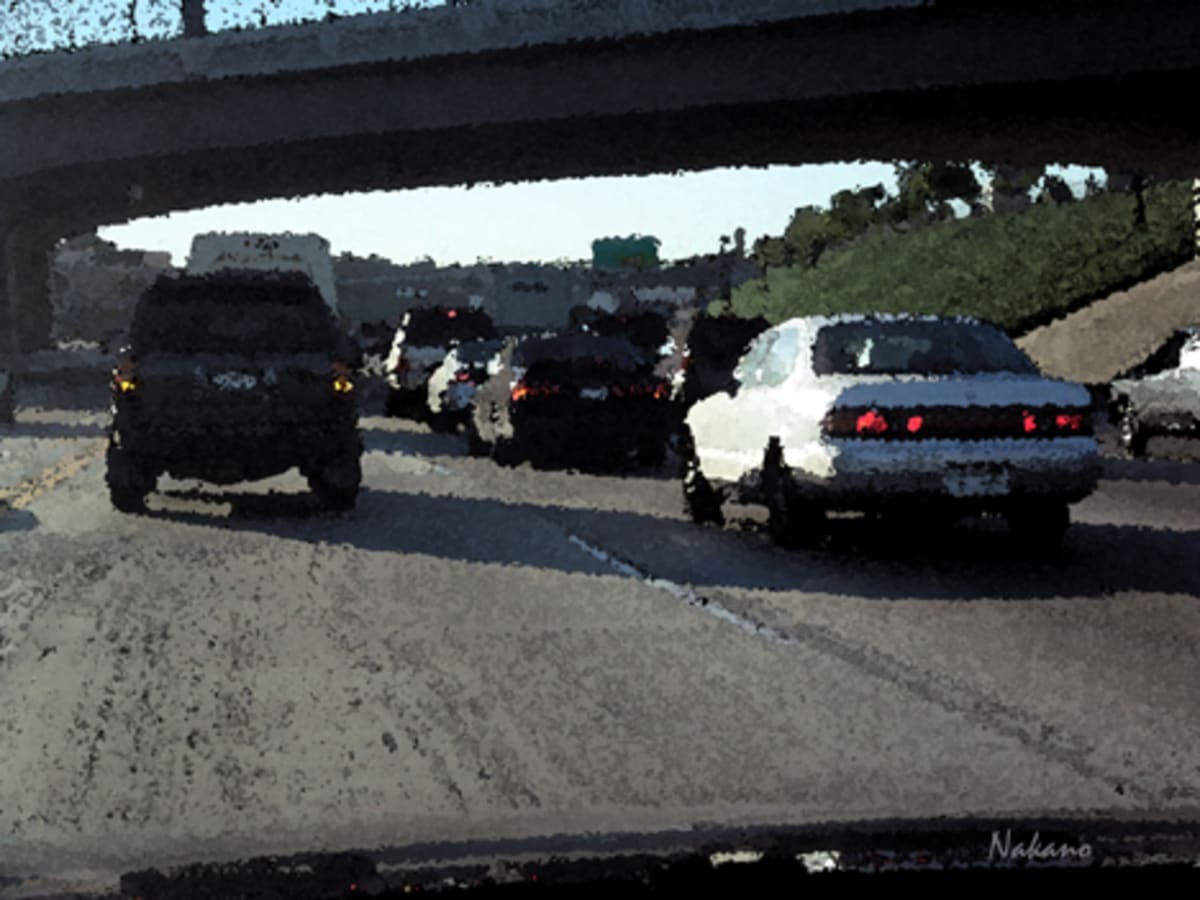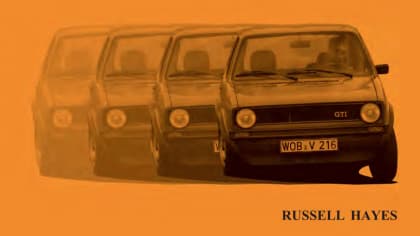AS SERIOUS AS A HEART ATTACK
This article is from our archives and has not been updated and integrated with our "new" site yet... Even so, it's still awesome - so keep reading!
Published on Tue, May 31, 2005
By: The LACar Editorial Staff

STUDY LINKS TRAFFIC JAMS AND HEART ATTACKS
In a study that gives new meaning to the concept of a "killer commute," researchers have concluded that people caught in traffic are three times more likely to suffer a heart attack within the hour than those who aren't tied up on the road, reports Greg Frost of Reuters. "A study of hundreds of heart attacks in southern Germany published in The New England Journal of Medicine found nearly one in 12 attacks was linked to traffic," says Frost. Traffic jams were more likely to take a toll on women and on people 60 and older, according to the study. Whether the excess heart attacks were due to stress or exposure to vehicle pollution isn't known, however. "Given our current knowledge, it is impossible to determine the relative contribution of risk factors such as stress and traffic-related air pollution," said the research team, led by Annette Peters of the National Research Center for Environment and Health in Neuherberg. Nevertheless, because air pollution is known to increase the probability of a heart attack, they said, people already at risk for heart problems "are likely to profit from recent efforts to improve the air quality in urban areas with the use of cleaner vehicles and improved city planning." The southern Germany study was based on interviews with 691 volunteers who survived a heart attack from 1999 to 2001. The patients were asked to outline their activities during the four days before their attacks. Traffic posed a risk regardless of the mode of transportation. Heart attacks were 2.6 times more common for people stuck in cars, 3.1 times higher for people stalled in traffic while taking public transportation, and 3.9 times greater for those jammed up while on a bicycle. "Because the association was also observed for persons who used public transportation, it is unlikely that the effect is entirely attributable to the stress linked with driving a car," the Peters team said. "Germany's roadways generally do not have speed limits but traffic can often grind to a halt after an accident or during vacation times, and traffic jams can leave motorists stranded for hours," says Frost.
Editor's Note: This article first appeared as a piece in the LA Car Blog.




